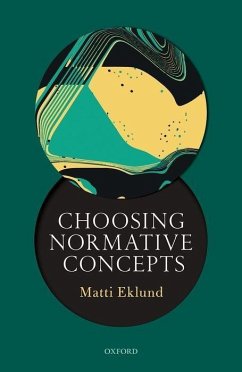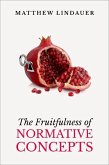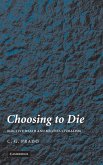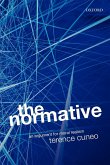Theorists working on metaethics and the nature of normativity typically study goodness, rightness, what ought to be done, and so on. In their investigations they employ and consider our actual normative concepts. But the actual concepts of goodness, rightness, and what ought to be done are only some of the possible normative concepts there are. There are other possible concepts, ascribing different properties. Matti Eklund explores the consequences of this thought, for example for the debate over normative realism, and for the debate over what it is for concepts and properties to be normative. Conceptual engineering - the project of considering how our concepts can be replaced by better ones - has become a central topic in philosophy. Eklund applies this methodology to central normative concepts and discusses the special complications that arise in this case. For example, since talk of improvement is itself normative, how should we, in the context, understand talk of a concept being better?
Bitte wählen Sie Ihr Anliegen aus.
Rechnungen
Retourenschein anfordern
Bestellstatus
Storno








